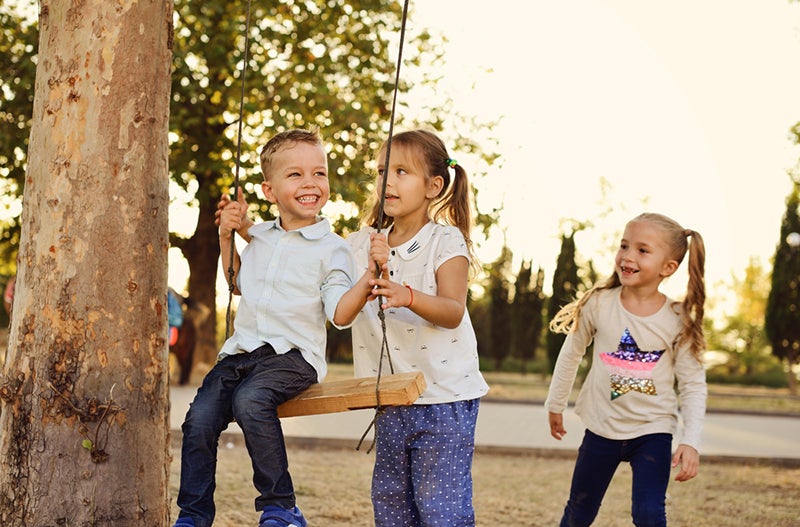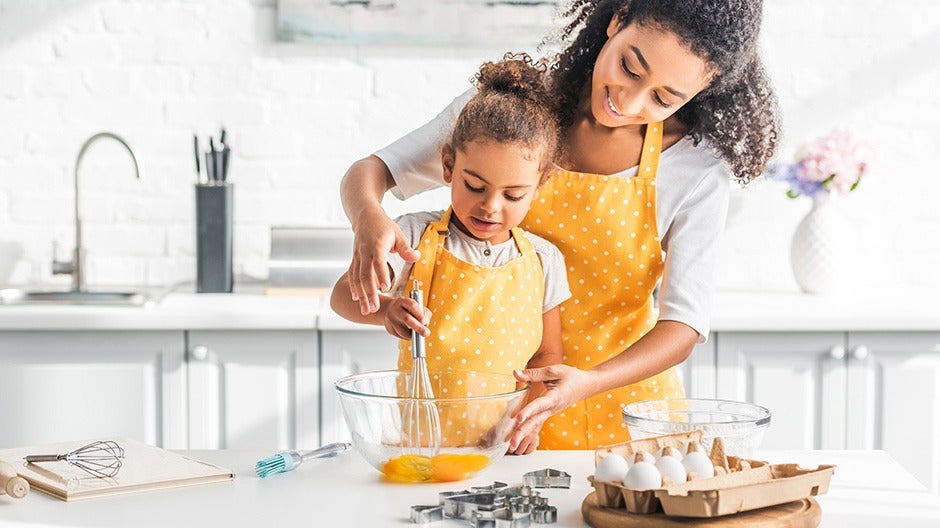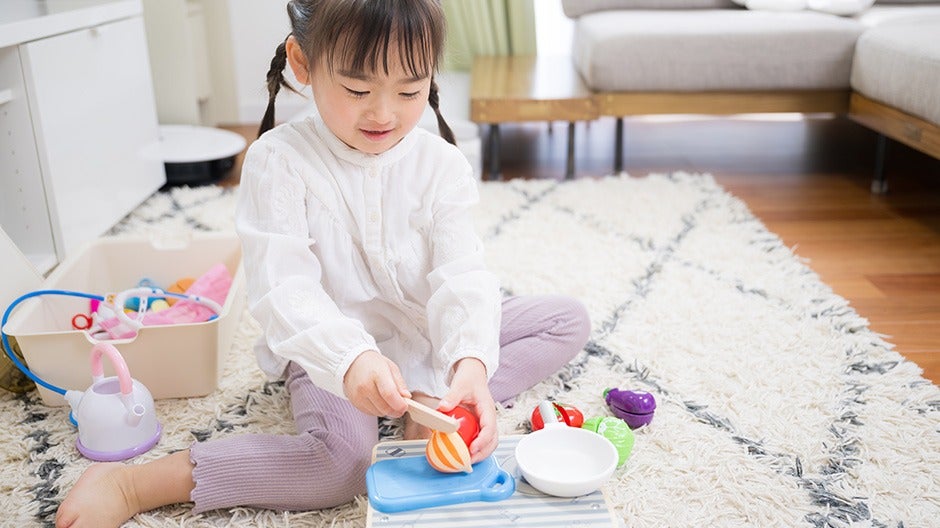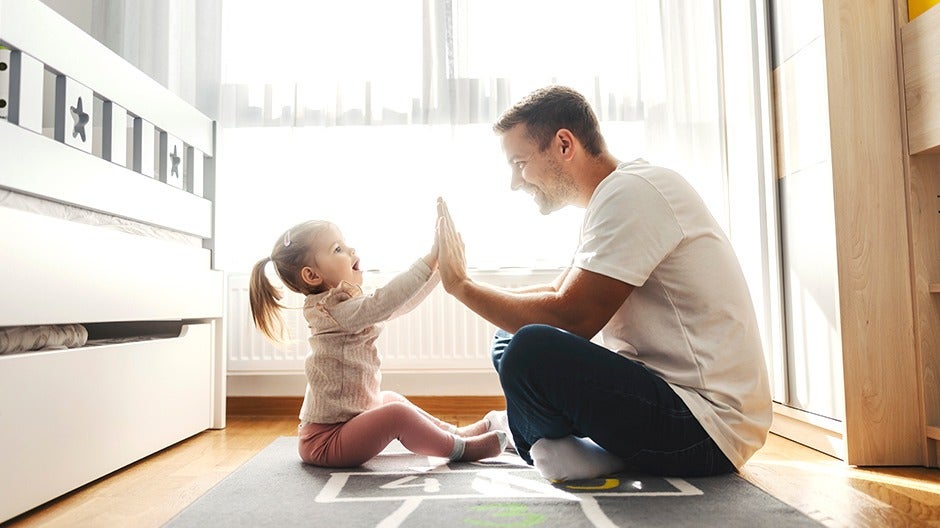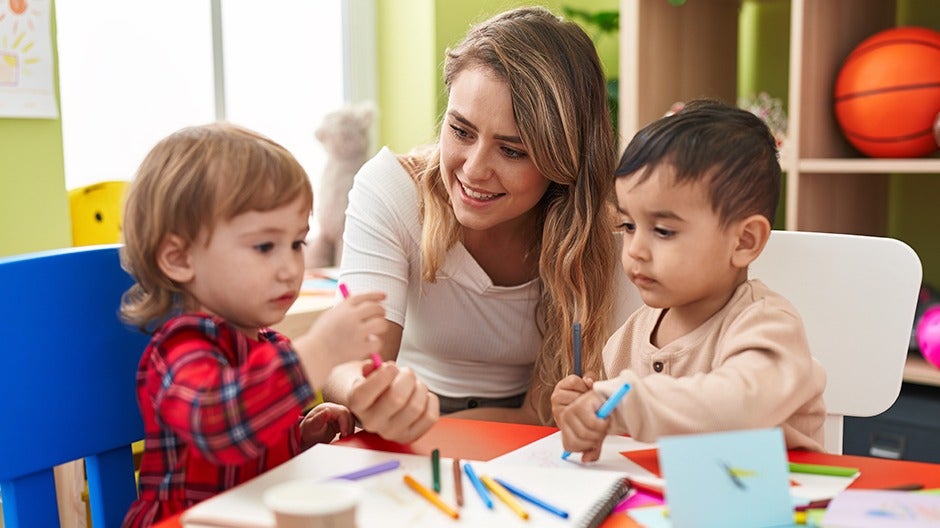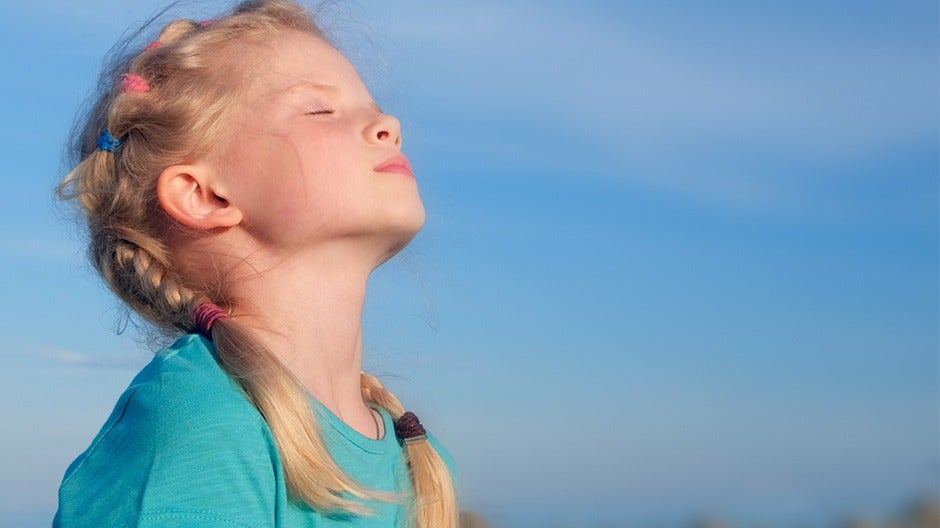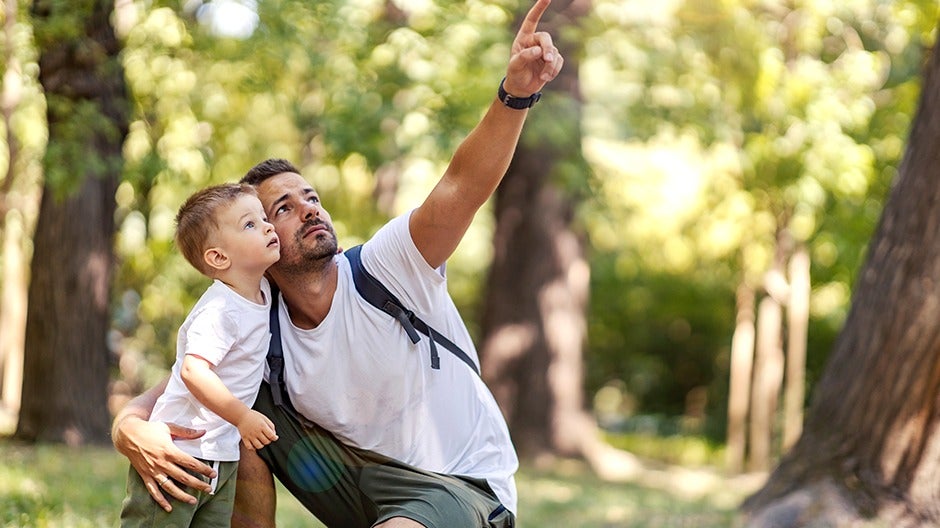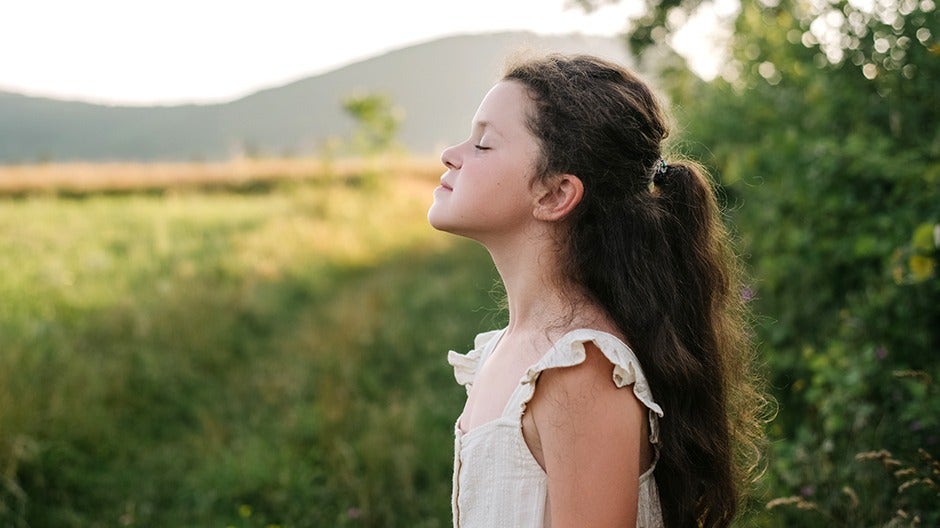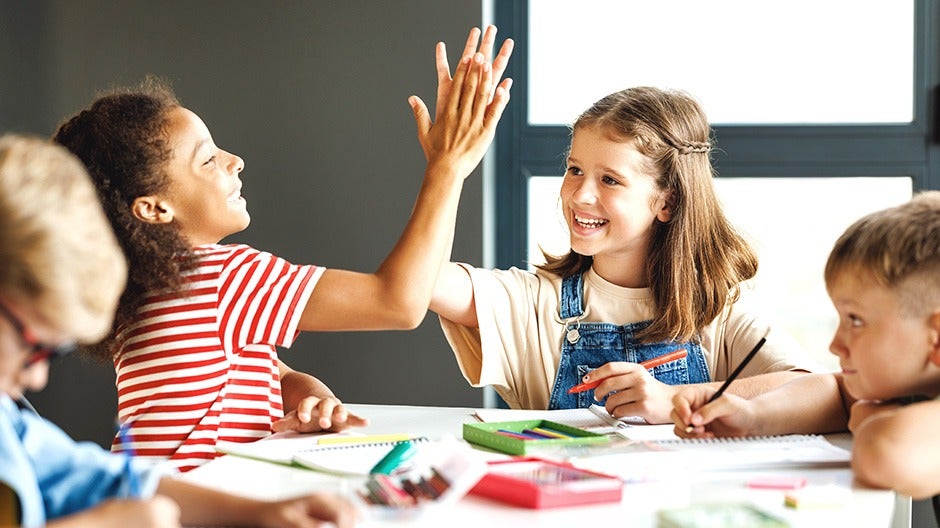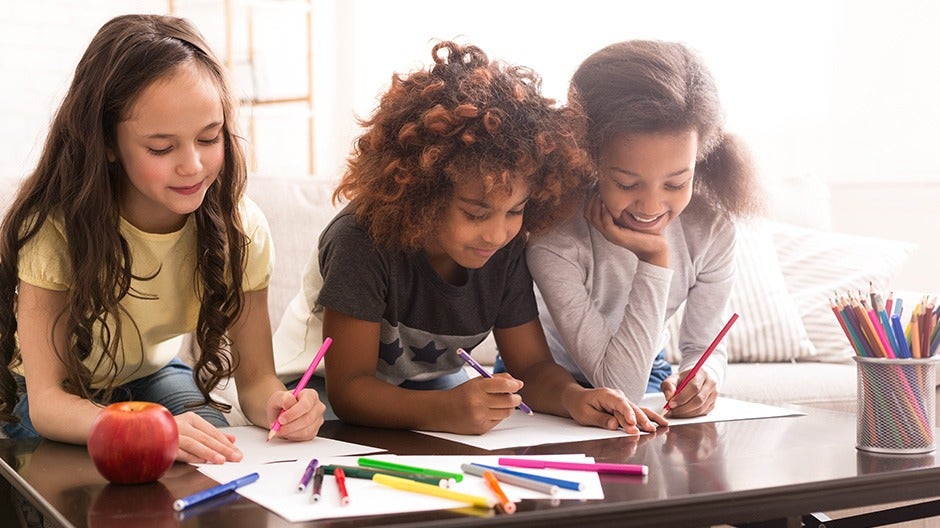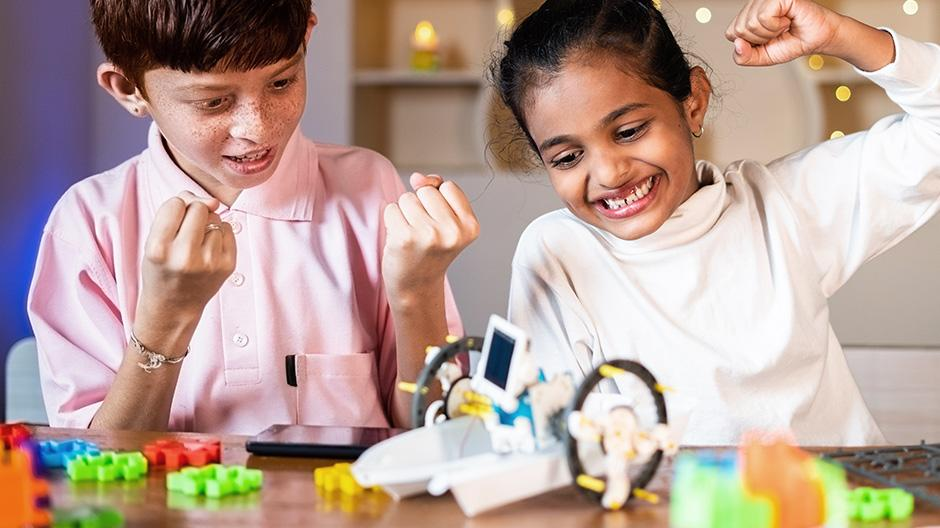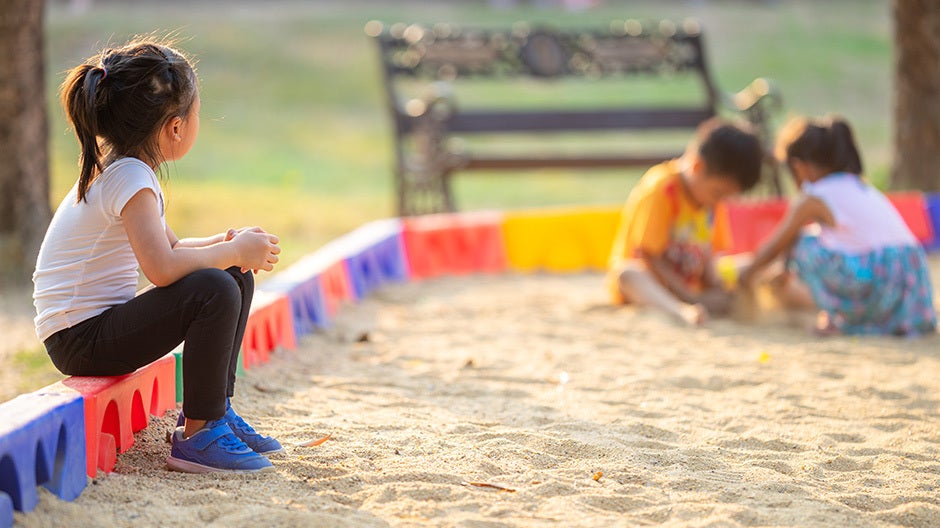There’s so much to think of when your child is starting kindergarten. What are the school’s requirements? Is my child ready for kindergarten? Do they have the right skills? What will happen if they don’t?
It’s a major moment, but it doesn’t have to be complicated, and it doesn’t have to be stressful. Don’t worry—your child’s teacher will be there to help them. And we’re here to help you too.
The Short Cut
- Kindergarten skills are about more than academics—kids improve their social skills, motor skills, and classroom behavior at this age too
- It’s normal for kids to be strong in some skill areas and weaker in others
- Parents can help by working on kindergarten skills with their kids at home
- Learning new skills takes time and practice, so be patient and remember setbacks are normal; the goal is progress, not perfection
At Begin, we focus on developing the 5 C’s (Core Skills, Creativity, Critical Thinking, Curiosity, and Character), a set of research-backed skill areas that help kids thrive in school and life. We’ve compiled a kindergarten skills checklist of the specific abilities your child will benefit from having upon entering kindergarten. It’s a great way to see where your child is today. In addition, we’ve added a few tips to help if your child is having trouble with certain skills.
Learning doesn’t have to be complicated, and kindergarten should be fun (most of the time). Hang in there and try to enjoy preparing for the exciting new school journey ahead!
The Kindergarten Skills Checklist
Language Skills
Language matters a lot in early learning! It’s one of the most important Core Skills there is. Here are the verbal skills that will help your child the most as they start kindergarten.
- Can start and join in conversations
- Can retell a simple story
- Can recognize words that rhyme
- Is familiar with popular nursery rhymes and can recite them
- Speaks clearly in simple sentences
- Able to use words to communicate their needs and wants
- Can confidently follow two-step directions
- Can recognize and point out common words and signs (e.g., stop signs, traffic lights, the logos of familiar restaurants or cars, etc.)
- Curious about how things work and may ask questions for more details
- Can make comparisons between objects and their relationship to one another (e.g., bigger, under, on top, etc.)
Children are still developing their receptive language skills at this age, so you can help them grow by exposing them to a variety of words, books, and discussions. This will help them develop their vocabulary and be better prepared to talk to others at school.
By now, you and others should be able to clearly understand what your child is saying most of the time. Of course, they’ll still have a couple of sounds that are hard for them, such as “r” or “s,” but they should be improving over time.
If they’re not or you have other speech concerns, consult your doctor or a speech therapist. It’s always better to ask early and intervene (if needed) than see them struggle.
Reading Readiness Skills
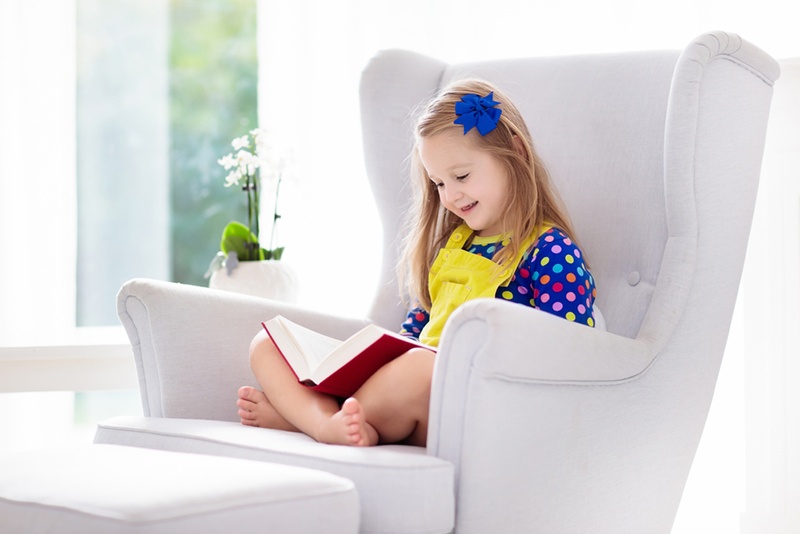
Reading, another Core Skill, is one of the most crucial parts of a child’s education, and kindergarten is one of the most important years in a child’s reading development. Below are the milestones you can look for to help them prepare.
- Recognizes own name in print
- Comfortable with holding a book correctly and paging through it
- Demonstrates interest in reading and listening to stories
- Able to maintain interest in a short story
- Can name and recognize some uppercase and lowercase letters
- Identifies simple rhyming words
Your child will spend a lot of time in kindergarten mastering letters and sounds. They’ll also learn to blend these sounds to read simple words. The more letters they know when they start school, the better.
Reading is so important for early learning that it’s one of the core focuses of our company. Just 15 minutes a day with HOMER, our early learning app, can improve early reading scores by 74%! HOMER is available on its own or as part of our Early Learner Program, which brings together award-winning apps, hands-on activities, and 1-on-1 guidance that will make the kindergarten transition easier on every level.
Math Skills
Math is another essential Core Skill. While your child doesn’t need to be able to add and subtract with ease yet (they’ll learn that in kindergarten!), there are many math concepts they can practice to get ready:
- Can comfortably count from one to 10 (or higher)
- Able to identify at least three common shapes (this often includes circle, triangle, and square)
- Can match a group of five or fewer items to a number (“She had three eggs.”)
- Familiar with the concept of “adding” and “taking from” items (“I had three bananas. Mommy ate one. Now I have two.”)
- Comfortable with the concept of “less than” and “more than”
- Able to arrange at least three items in order (for instance, from smallest to the biggest or the other way around)
Kindergarten readiness in math is all about understanding and being able to explain simple concepts. These basics provide a foundation for the more complicated math your child will learn in kindergarten and beyond.
Gross Motor Skills
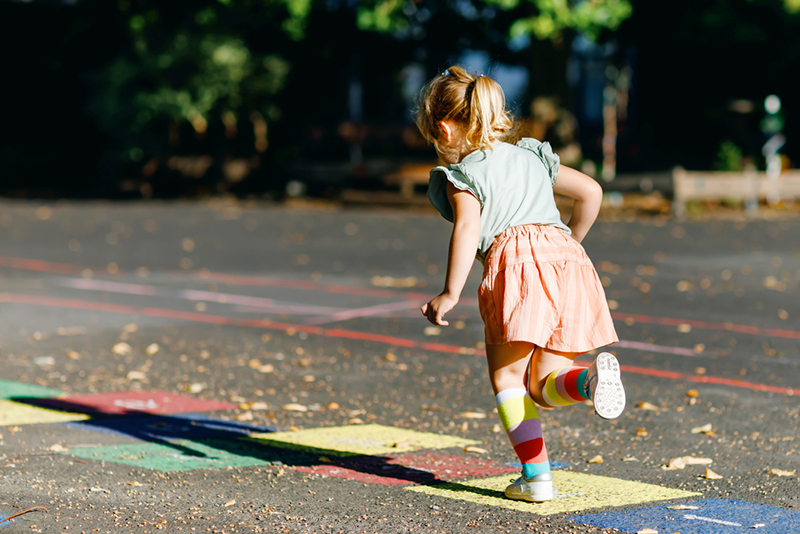
Kids have lots of opportunities to run and play in kindergarten! Physical development is an important part of their schooling (and developing Core Skills) at this age. These gross motor skills will help them in P.E., at recess, and in the school building!
- Can run
- Able to hop with one foot
- Can jump with both feet together
- Can bounce a ball and attempt to catch it
- Able to throw and kick a ball
- Able to climb reasonably sized stairs
- Can ride a tricycle
As your child plays, they strengthen their large muscles. This helps them develop coordination and balance, which they need for kindergarten activities.
Fine Motor Skills
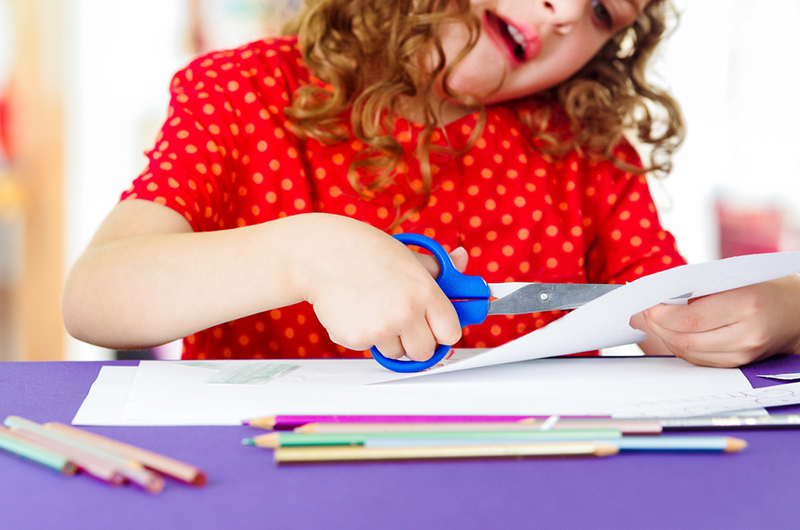
While gross motor skills involve the large muscles in our arms and legs, fine motor skills involve the smaller muscles in our hands and fingers. These fine motor skills will help your child in kindergarten:
- Use a pair of scissors to cut
- Put together a simple puzzle
- Correctly grip a pen, pencil, marker, or crayon
- Copy basic shapes, such as a circle, triangle, a straight line, etc. (These may not be perfectly drawn, but they can keep the general shape or pattern of the basic item they are copying)
- Build a tower using blocks
- Attempt to tie shoelaces, zips, buttons, and buckles
You can set up an arts and crafts station at home to help your child improve their fine motor skills. Stock it with items like scissors, glue, colored pencils, and crayons that they can use to create when they feel inspired. It’s a great way to encourage Creativity!
Social and Emotional Skills
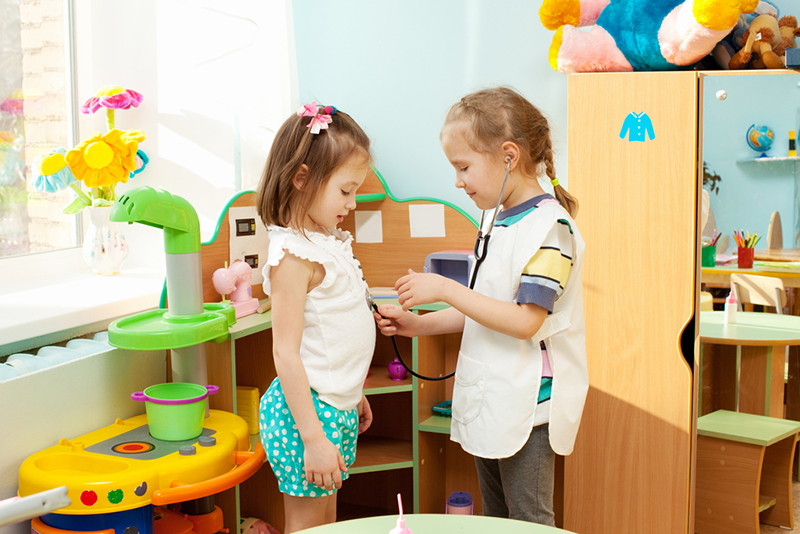
Your child will spend time away from you in kindergarten, perhaps for the first time. And even if they’re used to preschool, they’ll be in a new environment with new people and new sets of rules.
Developing their social and emotional skills (part of their Character) will help them feel confident in their new classroom. Here are some to work on:
- Can peacefully separate from parents (it’s perfectly normal if they get upset; the goal should be to separate without getting overly worked up)
- Can pay attention for at least five minutes without interrupting
- Comfortable using phrases like “please,” “thank you,” and “excuse me”
- Able to start and complete a simple activity
- Comfortable asking for help
- Shows respect to peers and can work peacefully with them (takes turns, shares, etc.)
- May occasionally offer to help peers and family members
- Shows respect to adults
- Can follow routines (gets up, uses the bathroom, brushes teeth, gets ready, etc.)
- Attempts to communicate thoughts and feelings through words
- Can regulate emotions without much intervention
- Can participate in cleaning up duties
- Can take responsibility for their belongings (for example, a lunch box)
- Tries out new activities, and if they fail or make mistakes, is willing to try again
Social and emotional skills are another pillar of our Early Learner Bundle, which includes Learn with Sesame Street. The app is packed with games and activities designed to help kids learn how to handle emotions, compromise with others, and tackle new social situations easily. (And with favorite Sesame Street characters to help along the way, it’s one that kids love playing with, too!)
Self-Care
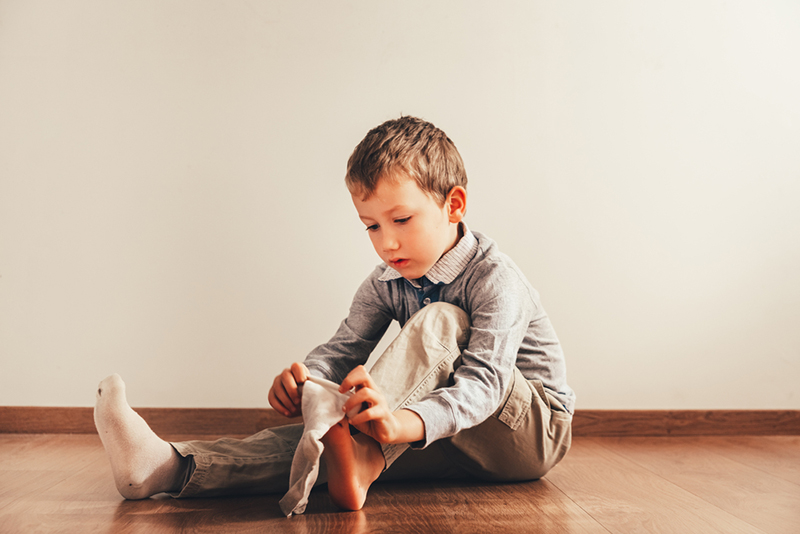
Basic self-care skills help kids enormously in kindergarten. To help them get their best start, check that they:
- Have healthy (not necessarily perfect!) personal hygiene habits (washing their hands before and after eating, after using the bathroom, etc.)
- Are able to use the bathroom independently
- Can get dressed on their own (even if they still need some help with shoelaces, buttons, etc.)
If you’re still helping your child with things like going to the bathroom or getting dressed, that’s perfectly normal. However, it’s a great time to start teaching them how to do these things on their own so they’re prepared for kindergarten.
What If My Child Is Struggling?
Every child is different and learns and grows at different rates. If your child hasn’t mastered some of the skills above, that’s OK! It’s normal for children to be strong in certain areas and a bit weaker in others. (That’s the case with adults as well!)
Celebrate the areas they excel in and work on those they struggle with. This will help them get confident and comfortable taking on challenging tasks. When you work on skills with them, focus on one or two challenge areas at a time and try to tap into their Curiosity. Doing too much at once, or picking activities they’re not interested in, can overwhelm you and your child and won’t be as effective.
Last but not least, remember that setbacks are normal; the goal is progress, not perfection. It’s OK to mess up! Praise their efforts and teach them that making mistakes is part of the learning process.
Here’s to New Beginnings!
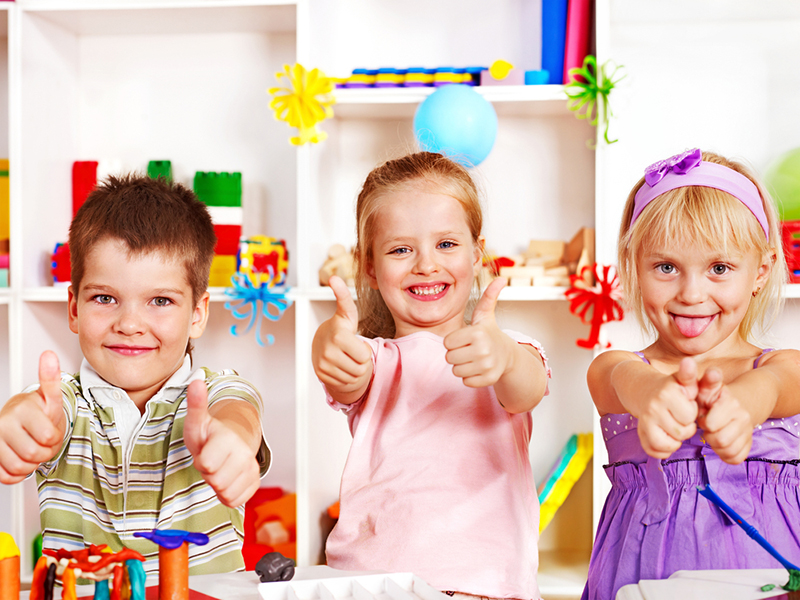
The start of kindergarten is exciting (and sometimes nerve-racking!) for kids and parents alike. Skills checklists like this one can be helpful, but we know your child is much more than just a list of abilities. They’re a wonderful, unique kid—there’s never been one quite like them and there never will be again—and there are many ways for them to thrive.
When in doubt, focus on the 5 C’s. And as you get ready for kindergarten, don’t forget that we’re here to help, every step of the way, whether it’s with our learning products or free parent resources like this one.
